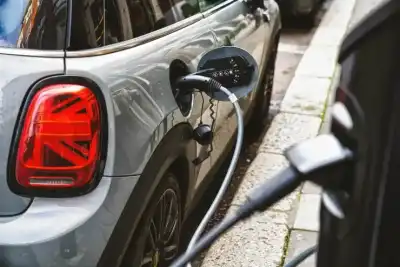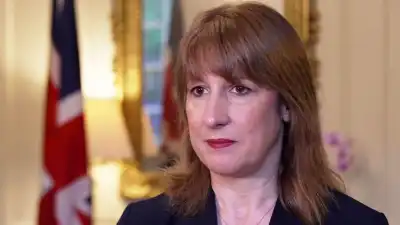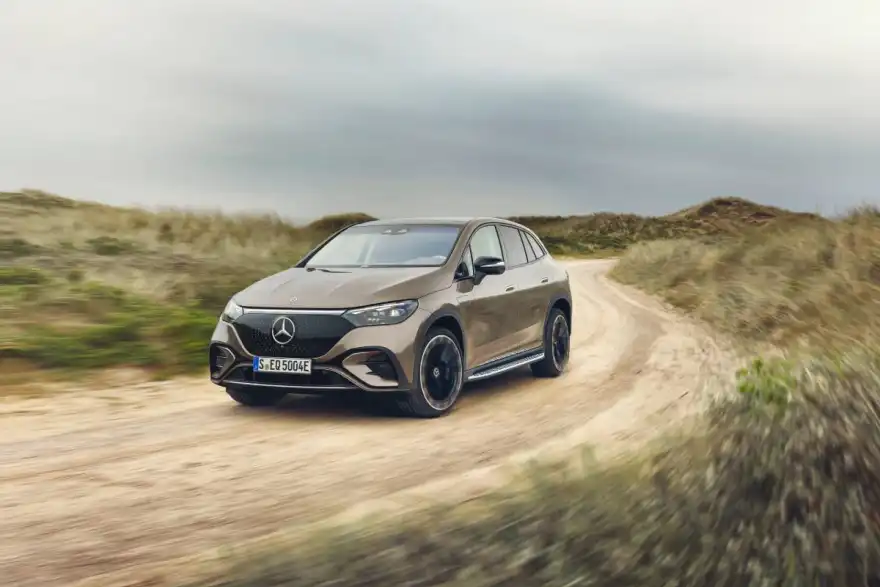
Mercedes-Benz is slowing down its shift towards electric cars.
The luxury German carmaker has decided to delay its goal of going fully electric by 2030. Instead, they're emphasising that they'll keep making cars with combustion engines for several more years.
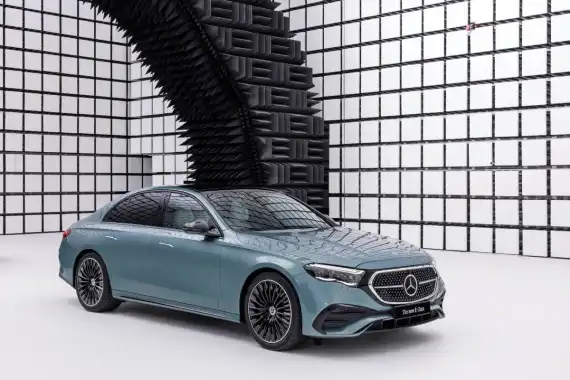
Just a few years back, Mercedes was gung-ho about electric vehicles. They pledged a hefty €40 billion (around $43 billion) to phase out gas-powered cars and switch entirely to EVs by the end of the decade. But things have changed. Despite launching their all-electric EQ lineup, which only includes EVs, the company's sales of fully electric vehicles were just 11% in 2023. If you add in hybrids, it only bumps up to 19%.
Their original plan aimed for half of all vehicles sold to be electrified by 2025. Now, they're pushing that target back to 2030. CEO Ola Kaellenius made it clear that they're still invested in combustion engines, hinting at updates that will keep them competitive well into the 2030s.
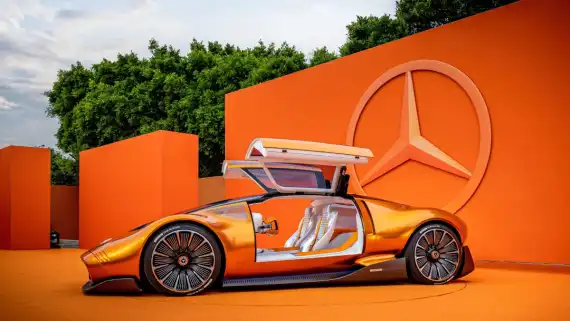
This shift isn't unexpected. The auto industry has noticed a slowdown in EV demand, especially in the U.S. and Europe. Other big players like Ford and General Motors are also adjusting their electric plans. Investors seem to be on board with Mercedes's pivot – after the announcement, along with news of a $3.2 billion share buyback, Mercedes's stock price jumped by more than five percent.

